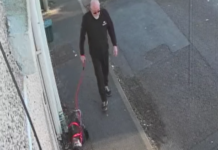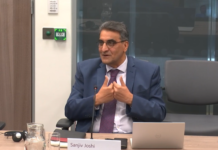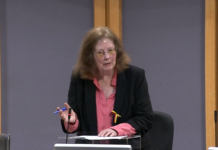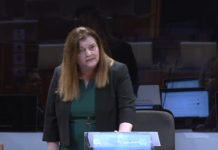- Childline launching new Understand Me campaign to challenge discrimination
- More than 350 hate crimes against children recorded by police in Wales over last two years
Childline is encouraging young people to speak out against discrimination as figures reveal the 24/7 service delivered almost 2,700 counselling sessions about race and faith based bullying in the last three years.
Today (March 20) Childline is launching its new Understand Me campaign amid fears children are suffering in silence from physical bullying, verbal abuse, cyberbullying and racist name calling because of the colour of their skin, religious beliefs or their accent.
It comes as Freedom of Information figures obtained by the NSPCC from police revealed a 14 per cent increase in hate crimes against children in one year, with 5,349 hate crimes with a racial, religious or faith- based element in 2016/17.
In Wales there were 218 hate crimes against children in 2016/17, a 55% rise from the previous year when there were 141. South Wales Police saw the highest number last year with 152, followed by North Wales Police with 34, Gwent Police with 30 and Dyfed Powys Police with two.
The campaign, which includes a film ‘Think You Understand Me?’, challenges xenophobia and prejudice, empowering young people to speak out about racial bullying and discrimination and seek help should they need it.
Spikes in Childline counselling sessions about racial and faith based bullying have sometimes followed terror attacks, with the number rising by over a third following the Westminster attack in March 2017, compared to the previous month.
Some young people contacting Childline said the abuse and negative stereotyping was so cruel they had self-harmed or the bullying inside and out of school made them feel isolated and withdrawn from society. Others said they no longer wanted to go to school because they were worried about the abuse they would face.
An 11-year-old girl said: “Everyone at school hates me, they call me names like ‘paki’ and say that I’m a terrorist. They bully me because of the way that I dress, I don’t want to wear my headscarf to school anymore because it makes me stand out, but I could never tell my parents that. I just want to make friends at school and for people to like me, but it’s really hard when I feel like an outsider.”
Des Mannion, head of NSPCC Cymru/Wales, said: “It’s heart-breaking to think that some children are targeted by bullies because of their race, culture or nationality. Racist jokes and negative stereotyping can be hurtful and leave young people feeling isolated and ashamed of who they are or where they are from.
“Our Understand Me campaign aims to reach out to all children who are experiencing racial or faith based bullying and make sure they know that they are not alone. No child should suffer in silence and anyone being targeted must be supported to tell someone and ask for help.”
Dame Esther Rantzen, President of Childline said: “Bullying of any kind is vile, but targeting someone because of the colour of their skin, religious beliefs or their accent is simply unacceptable. Children are taking on board prejudices around race and religion in society and trading them as playground insults, with extremely harmful results.
“Young people should be encouraged to be proud of who they are. Racial bullying can be hard to cope with but young people need to know they don’t have to carry this burden alone. Childline is here for all young people and talking to someone might help them find a way to deal with the situation.”
Any child worried about bullying can call Childline on 0800 11 11. Any adult who is concerned about a child can call the NSPCC Helpline on 0800 800 5000.
Help keep news FREE for our readers
Supporting your local community newspaper/online news outlet is crucial now more than ever. If you believe in independent journalism, then consider making a valuable contribution by making a one-time or monthly donation. We operate in rural areas where providing unbiased news can be challenging. Read More About Supporting The West Wales Chronicle
























